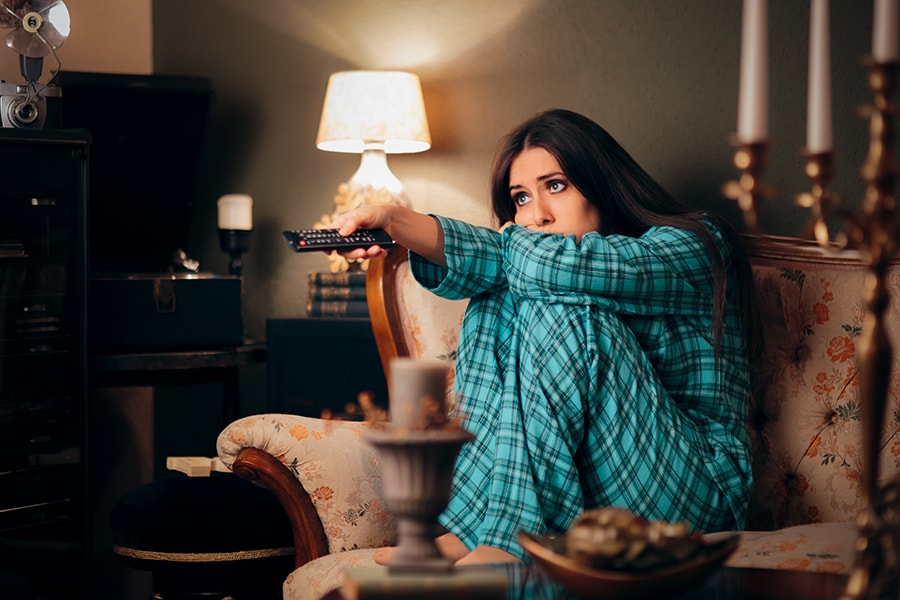
Shake the habit of spending too long sitting, your mental health will thank you
Scientists find that sitting more is linked to increased feelings of depression and anxiety
 Scientists find that sitting more is linked to increased feelings of depression and anxiety. Scientists find that sitting more is linked to increased feelings of depression and anxiety.
Scientists find that sitting more is linked to increased feelings of depression and anxiety. Scientists find that sitting more is linked to increased feelings of depression and anxiety.
During the covid-19 pandemic, restrictive measures like lockdowns, curfews and stay-at-home orders often made our lifestyles more sedentary. But, according to an American study, sitting for too long can increase the risk of depression and anxiety.
During the covid-19 pandemic, successive lockdowns and stay-at-home orders impacted daily life, limiting outdoor activities to the strict minimum. Now, it turns out that this sedentary lifestyle can be harmful to our physical and mental health. An American study questioned the impact that this increase in sedentary behavior could have on people's mood and mental health. According to the first results obtained by the researchers, spending too long sitting down could be linked to increased feelings of depression and anxiety.
To measure the effects of sedentary behavior on mental health, a team of researchers from Iowa State University conducted two studies with 3,000 participants across 50 states and the District of Columbia. The first took place during a period of lockdown, and the second was conducted outside the lockdown period. Using a questionnaire, experts measured participants' time spent sitting, watching screens or exercising. "Using standard clinical scales, [participants] also indicated changes to their mental wellbeing (eg, depression, anxiety, feeling stressed, lonely)," the study notes.
Sitting is a sneaky behavior
The scientists found that, during the first lockdown, people doing two and a half to five hours of exercise per week reduced their activity by 32%. These people reported feeling more depressed, anxious and lonely. "In March 2020, we knew Covid was going to affect our behavior and what we could do in lots of weird, funky ways that we couldn't predict," explains Jacob Meyer, assistant professor of kinesiology at Iowa State University and lead author of the paper.But how did participants' behavior and mental health change after the lockdown? To find out, the scientists invited them to fill out the same survey every week between April and June 2020. "We found that, on average, people saw their mental health improve over the eight-week period," explains the study's lead author. "But for people whose sitting times stayed high, their depressive symptoms, on average, didn't recover in the same way as everyone else's."







